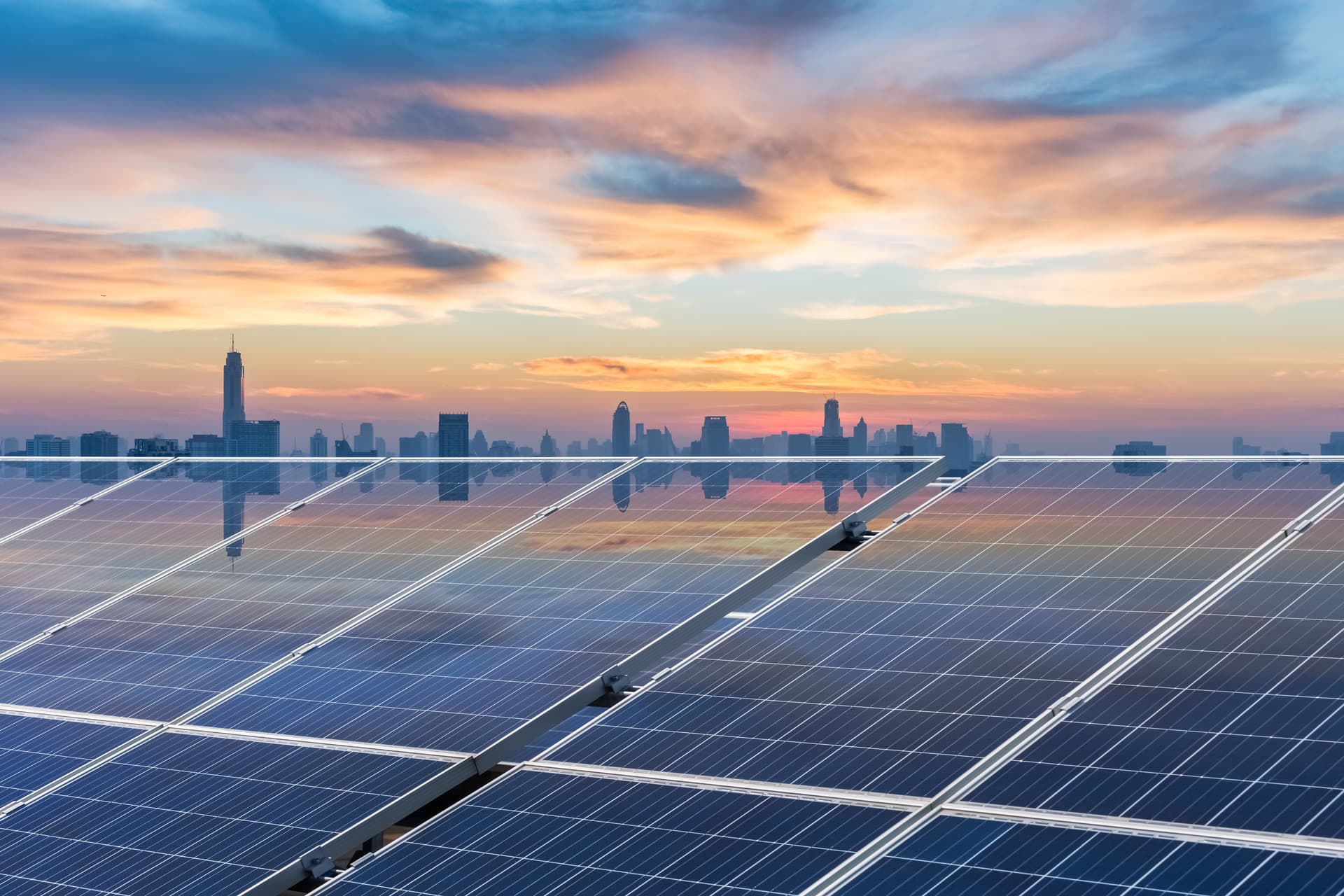Changes for landlords and owners in the new year 2023

23.
January 2023
Every new year is accompanied by amendments to the law. The year 2023 will also see real estate owners confronted with new regulations. We inform you about the most important changes in our blog.
Increased energy requirements for new buildings
The new Building Energy Act (GEG 2023) came into force on January 1, 2023. In the future, increased energy requirements will be placed on new buildings: Properties must now meet the stricter EH-55 standard. However, the requirements for building insulation have not become as strict as feared. In other words, savings in energy consumption do not necessarily have to be achieved by better insulation of the facade. Nevertheless, further tightening of the law is scheduled for 2024. A year later, there is to be another amendment to the GEG.
Sharing of CO2 levy between tenants and landlords
As of January 1, 2023, the CO2 costs resulting from the Fuel Emissions Trading Act (Brennstoffemissionshandelsgesetz, BEHG) will no longer be paid by the tenant alone. In the future, these will also be borne proportionately by the landlord and will depend on the property's CO2 emissions. The respective share is calculated on the basis of a graduated model:
For non-residential buildings, landlords and tenants share the costs equally. A more far-reaching solution is planned for 2025.
If a property has very high CO2 emissions, 95 percent of the costs fall on the landlord and the rest on the tenants.
If a building is particularly efficient (EH-55 standard), only the tenant pays the tax.
The classification of the building and the apportionment are done through the heating bill. Currently, 30 euros in taxes are levied for one ton of CO2 . The change in the law is intended to motivate owners to renovate their buildings to make them more energy efficient.
Increase of the depreciation rate
As of January 1, 2023, the rate for depreciation for wear and tear (AfA) for the deduction of residential buildings has been increased. This means that three percent of the purchase price or construction costs can now be deducted from taxes in the new year instead of the previous two percent. This increase was originally planned for the middle of the year. This tax incentive is intended to support climate-friendly residential construction.
Bonus for serial refurbishment
New guidelines for federal funding for efficient buildings will apply in the new year. On the one hand, access to the subsidy will be made easier. In addition, serial renovations will be rewarded with a 15 percent subsidy. This is initially limited to prefabricated facade and roof elements.
In addition, the bonus for the energy "worst performers" will be increased from five to ten percent. This bonus will also be extended to the EH-40, EH-55 and EH-75 standards.
New "Climate-friendly construction" funding guideline
From March 1, 2023, the "Climate-friendly building" funding directive will take effect and promote ambitious new buildings in terms of sustainability. With the government's "Sustainable Building Quality Seal" (QNG), this guideline aims to ensure that fewer greenhouse gases are produced from construction to demolition and that fewer resources, land and energy are consumed. Building materials should also be easier to reuse.
More taxes on real estate inheritance
Inheriting real estate will become even more expensive in the future. In the Annual Tax Act 2022, the assessment bases for heirs to real estate were changed, but the tax-free amounts were not adjusted. According to estimates by the Haus und Grund association, gift recipients could face price increases of up to 30 percent.
End of bonuses for gas heating systems - relief for PV systems
In the course of the energy turnaround, the bonus for gas heating systems under section 35c of the German Income Tax Act (EStG) will be eliminated. At the same time, the acquisition of a photovoltaic system becomes more attractive for many owners. The legislator enables a purchase free of value added tax. Operators of smaller systems will even be exempt from income tax.
These legislative changes underscore the German government's ambitions to make the energy transition a success. It is evident that the energy-efficient refurbishment of the building stock is an important building block in the fight against climate change and is being promoted by the government. What all these changes have in common is that they are intended to motivate property owners to modernize their portfolio.